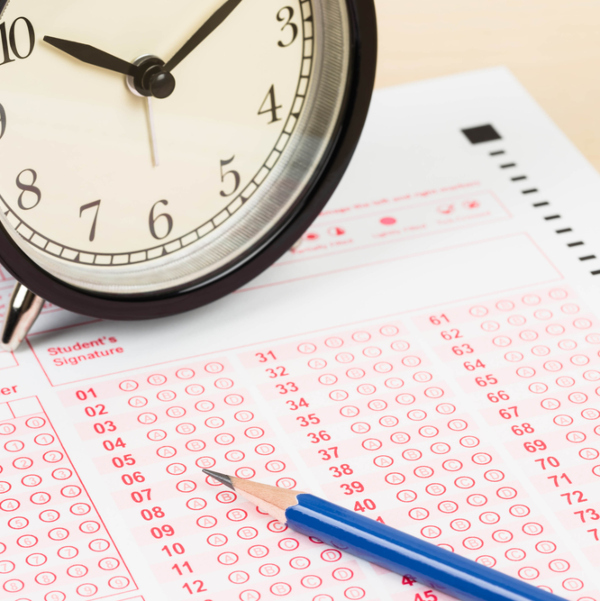2nd Circuit tosses Harvard Law grad's Rehabilitation Act claim over bar exam accommodations

Image from Shutterstock.com.
The New York State Board of Law Examiners has sovereign immunity from a lawsuit claim by a Harvard Law School graduate who sued over failure to accommodate her anxiety-related disability, a federal appeals court has ruled.
The 2nd U.S. Circuit Court of Appeals at New York ruled against Tamara Wyche, who alleged in a June 2016 suit that she lost her job at Ropes & Gray after she flunked the bar exam twice. She passed the bar on her third try in February 2015 after she was given double time to take the exam.
Law360 and Law & Crime covered the April 28 decision.
The 2nd Circuit said the board of law examiners had immunity from Wyche’s claim under Section 504 of the Rehabilitation Act, which bans disability discrimination by programs or activities receiving federal financial assistance. The board is an arm of the state that does not receive federal funding, entitling it to immunity, the appeals court said.
The board is not an operation of New York specialized courts that do receive federal funds, the appeals court said.
The appeals court remanded for the district court to rule on a motion to dismiss Wyche’s remaining claim under the Americans with Disabilities Act.
The case is T.W. v. New York State Board of Law Examiners. The author of the opinion was Chief Judge Debra Ann Livingston, who was also a graduate of Harvard Law School, Law & Crime points out.
Wyche had asked law examiners to give her 50% extra time on the exam, stop-clock breaks and separate testing facilities. She sought the accommodations for her anxiety and cognitive deficits caused by an incident in an all-terrain vehicle.
During the first exam, she got off-the-clock breaks and a testing room with fewer people, the appeals court said. On the second exam, she got 50% extra time and special seating but no off-the-clock breaks.
Wyche’s lawyer, Mary C. Vargas, gave this statement to Law & Crime: “The court’s ruling allows entities to take federal dollars and discriminate with impunity based on disability, religion, color and gender. It is a devastating blow to our nation’s civil rights laws and in particular denies equal access to the courts in New York. In asking for immunity to discriminate on behalf of its client, the New York attorney general’s office has abandoned its commitment to equal access.”



